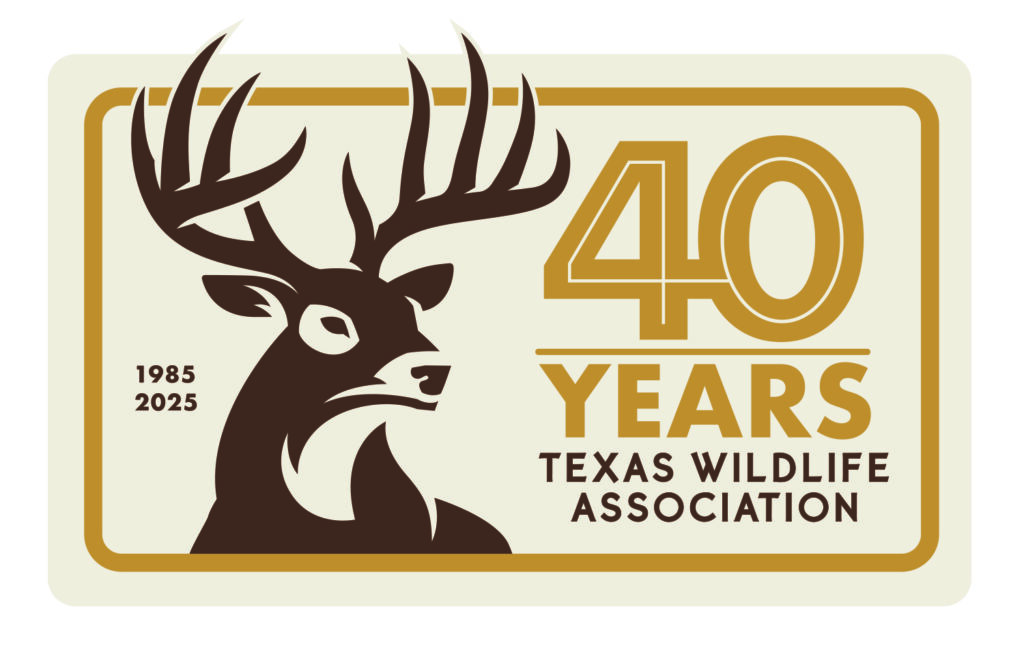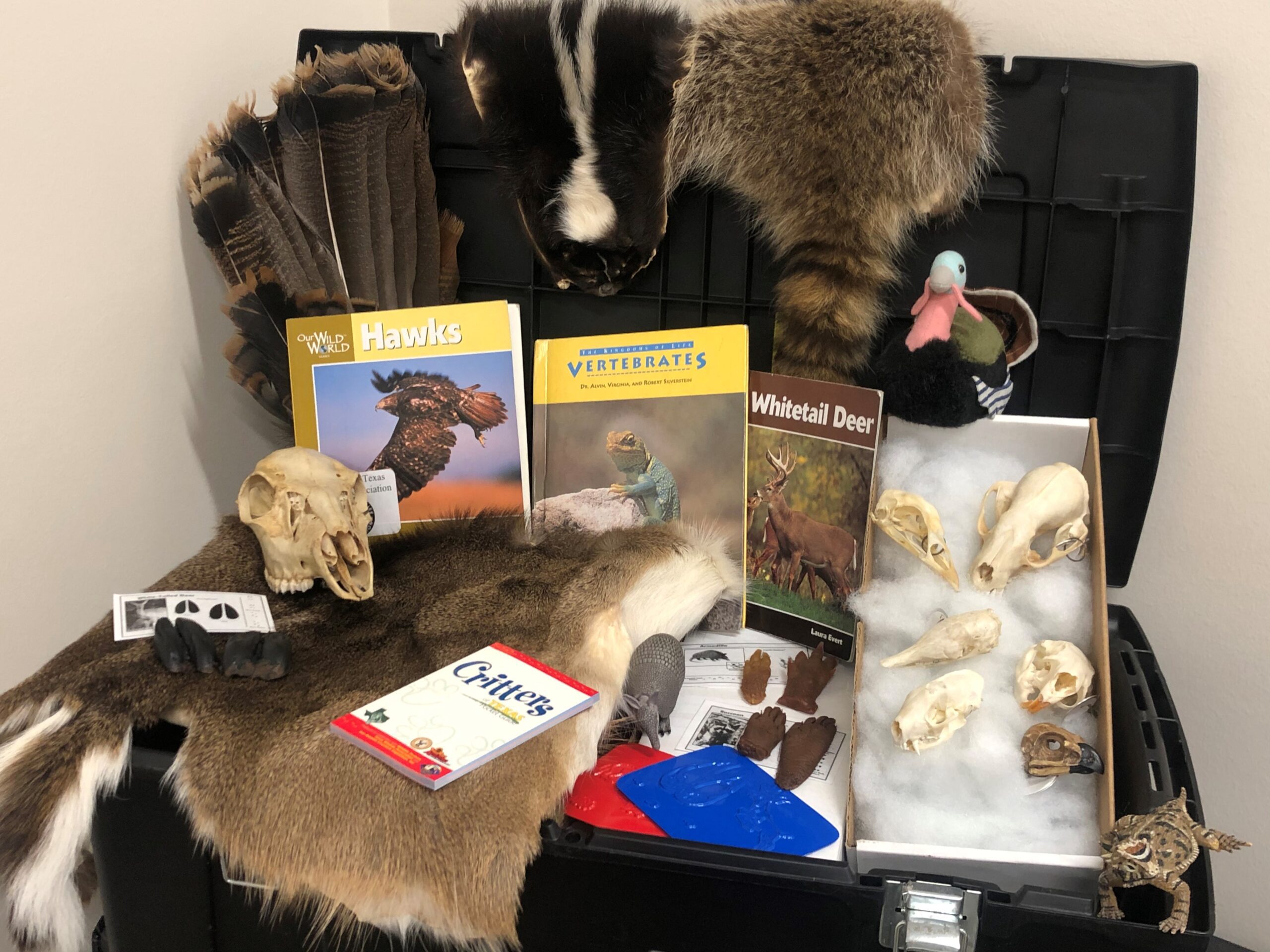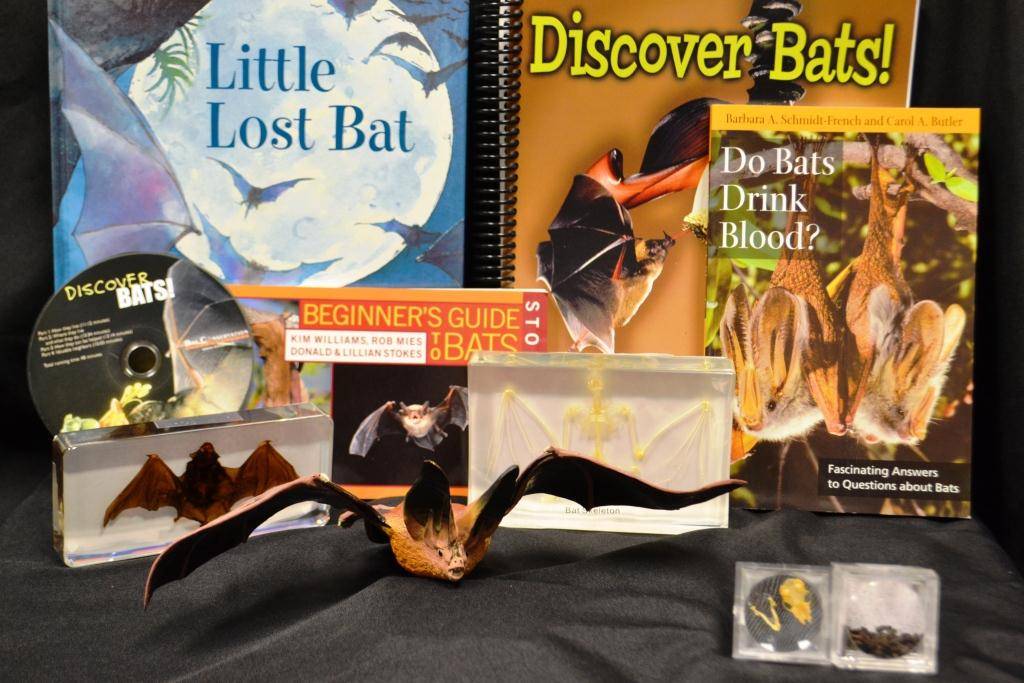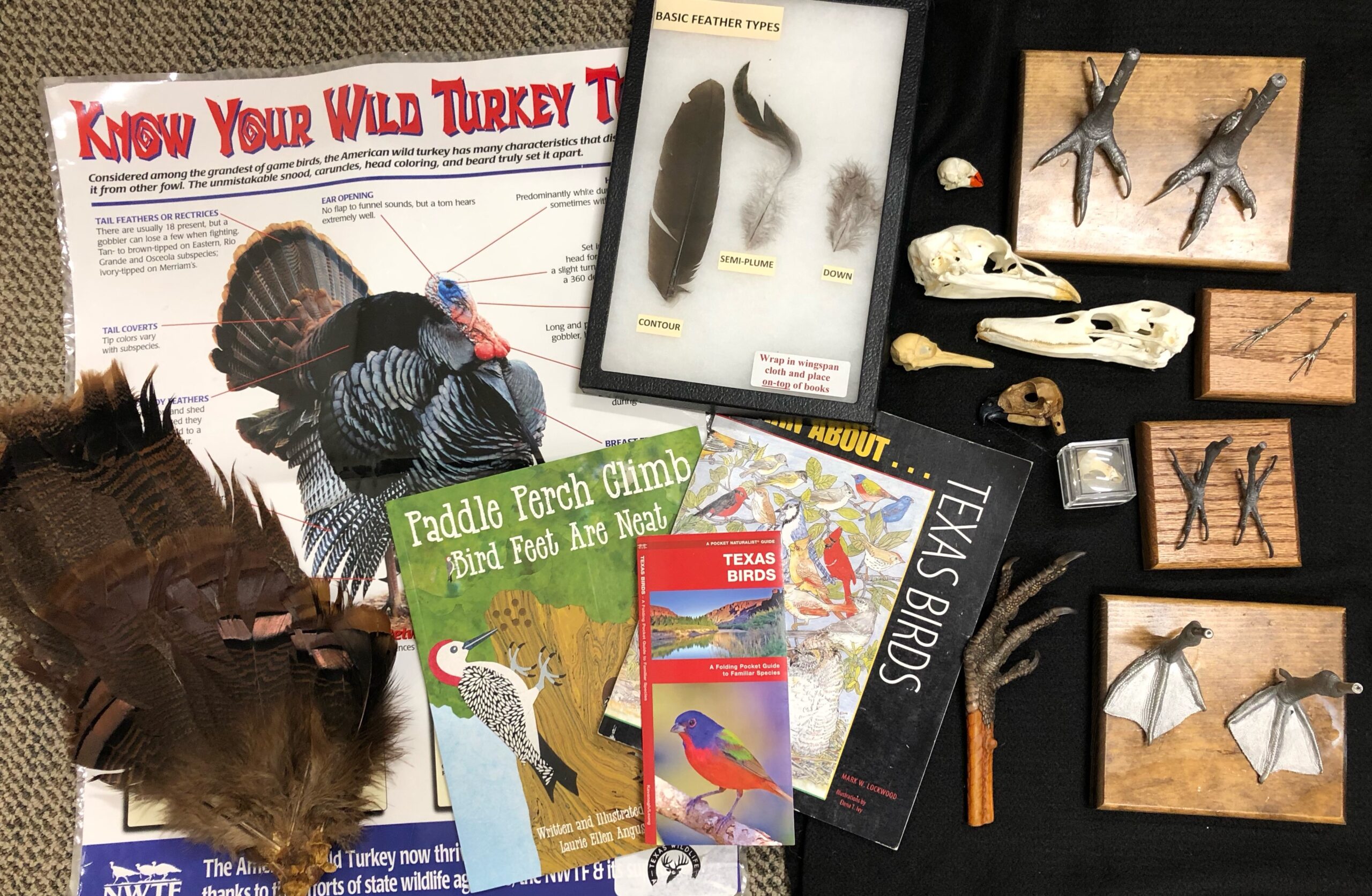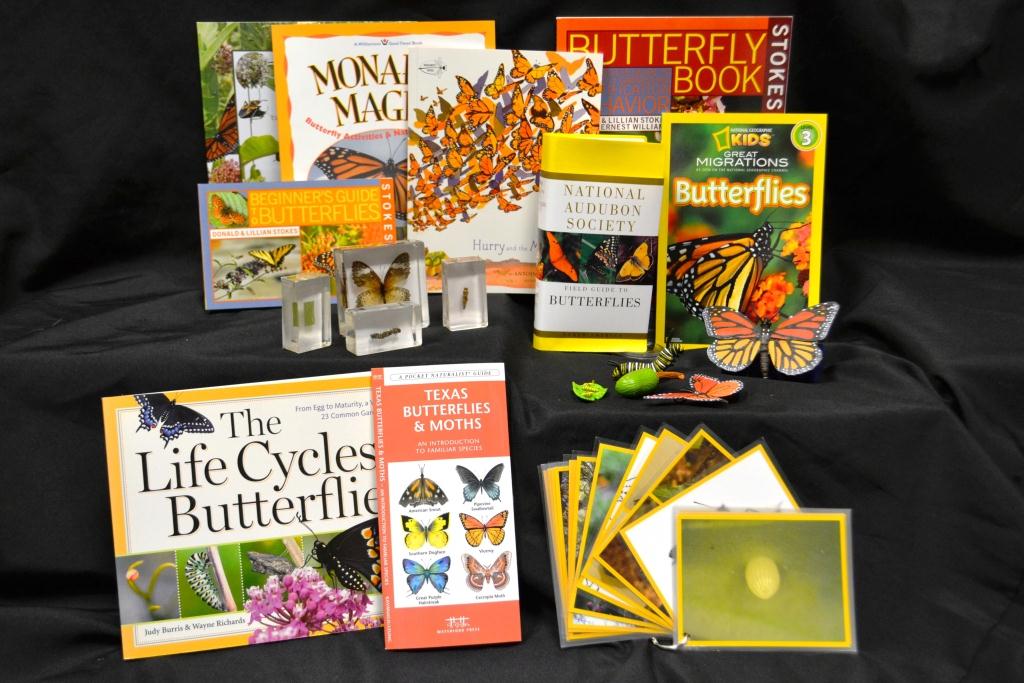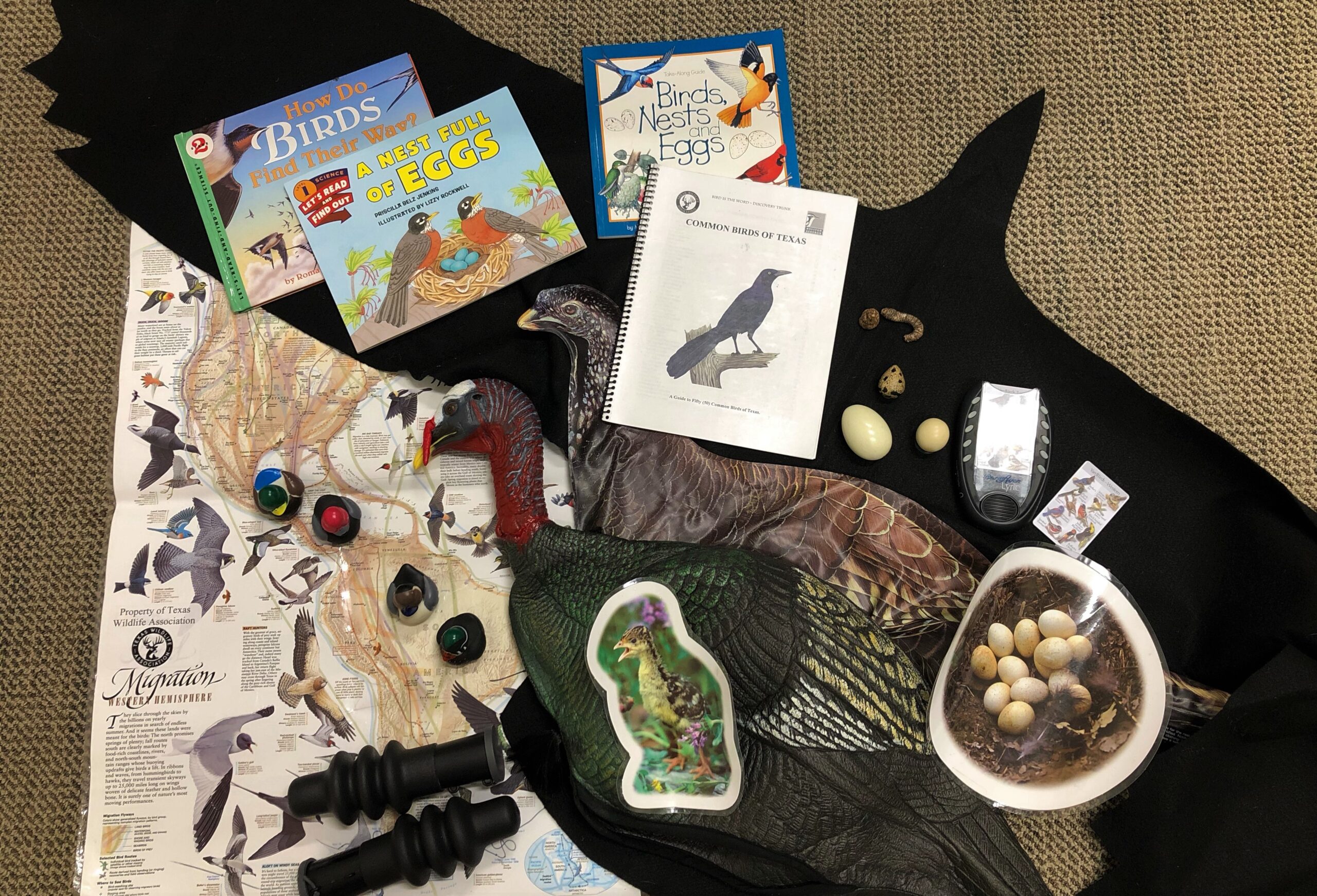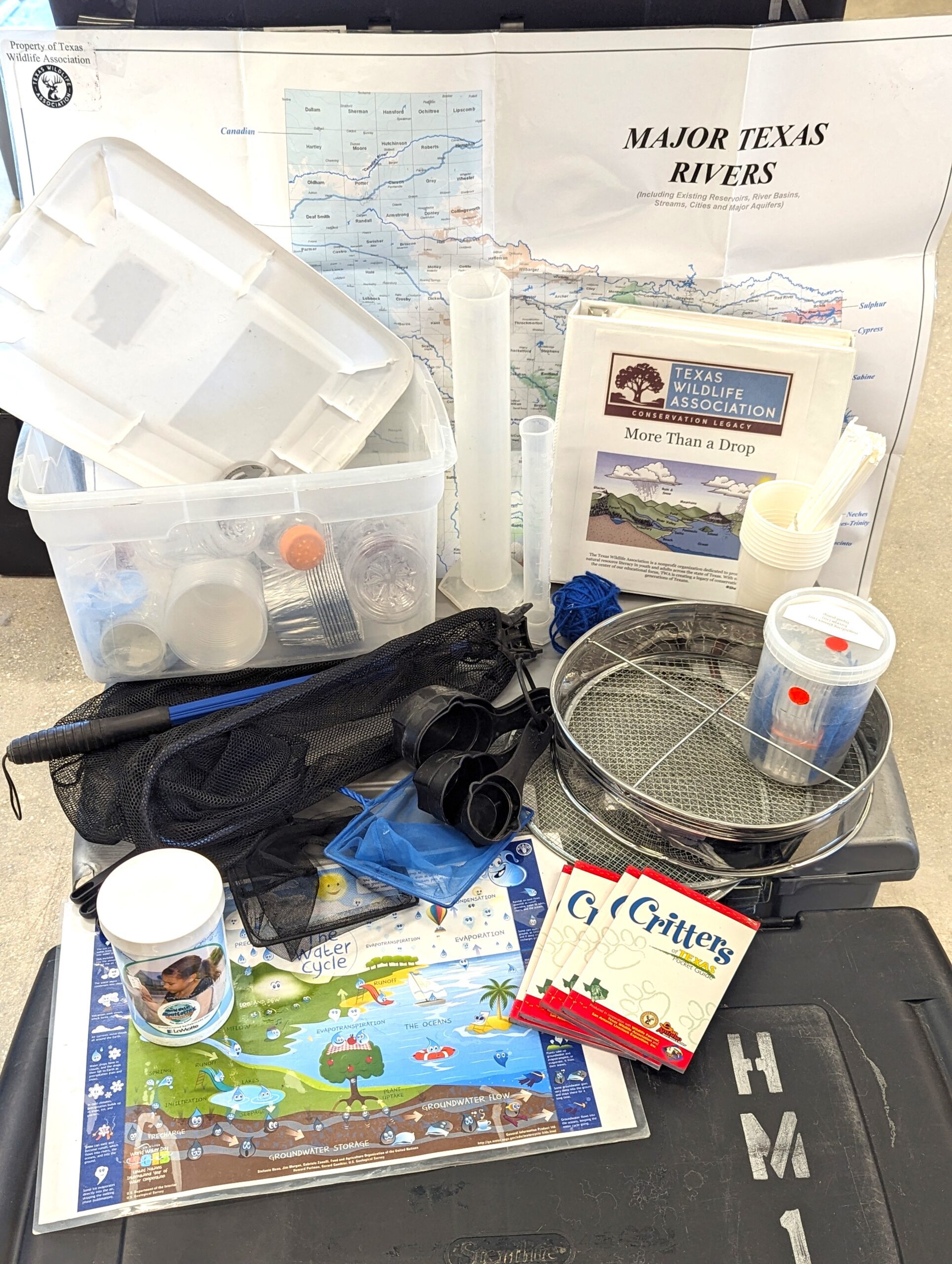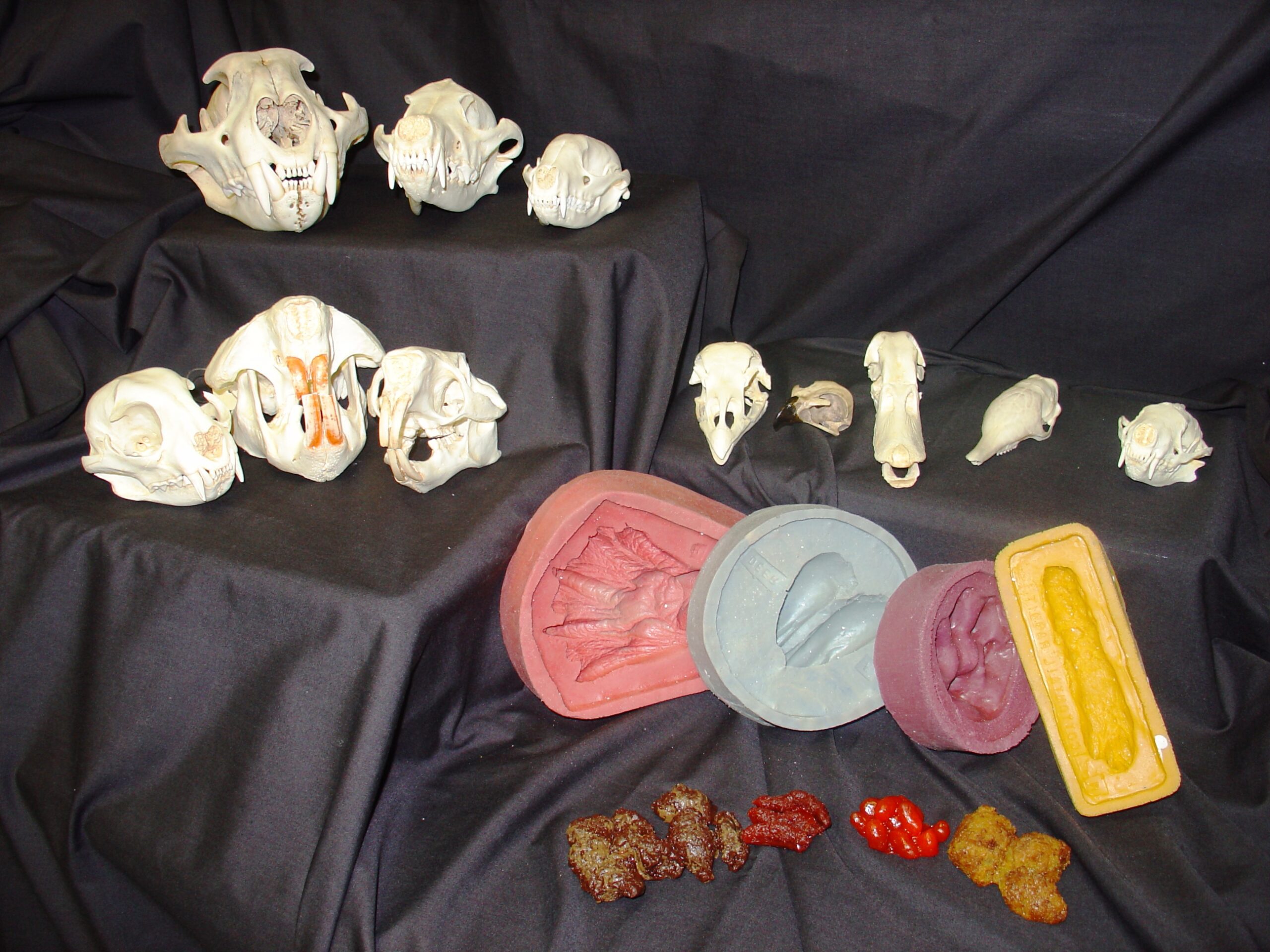
Adaptation Investigations
Our Adaptation Investigations Discovery Trunk allows students to examine the clues animals leave behind and participate in animal identification exercises. Learn about animal adaptations by investigating skulls from 14 native Texas animals along with molds of their tracks and replicas of their scat.
